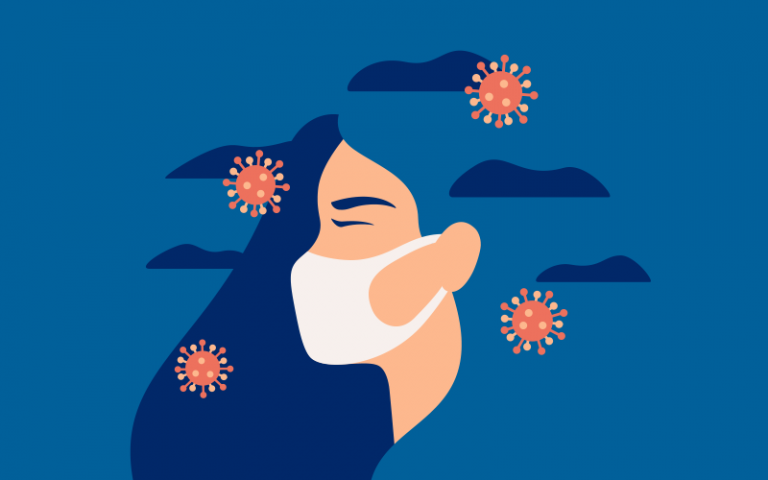We are not the virus
We are not the virus—the experiences and impact of COVID on East and Southeast Asian heritage young people in London.

3 October 2020
This study aimed to investigate East and Southeast Asian (ESEA) young Londoners’ experiences of the COVID-19 pandemic, particularly COVID-related racism, and the impact on their families, education, health, and social identities; to explore ESEA youth perspectives on the pandemic, relating to the role of education and health in their everyday environment and society; and to relate findings to broader issues of race, inequalities, education and health relating to the impact of COVID-19 in London and beyond.
To do so, the project team interviewed 23 young people of ESEA heritage aged 9-20 in London during summer 2021. We included young Londoners of any ESEA background as coronavirus-related racism has affected those perceived as ‘Chinese’. Participants from a number of locations and settings were interviewed to gain understanding of experiences across different ages and backgrounds. The interviews produced very rich data, some of them with the older participants lasted more than 1 hour. A few young people also provided some photos and drawings which reflected their experiences during the lockdowns and pandemic.
The findings revealed that many participants reported pre-existing racism towards ESEA people, and the pandemic exacerbated racialisation and racism, often linked to COVID-19. There were reports of COVID-related racism in all levels of education among participants, from primary school to university. The context of multicultural London illustrated the complexity and deep-rootedness of racism and Orientalism. Many of the young people attended schools/universities with students from a diverse range of backgrounds, and a number of participants reported some of the perpetrators of COVID-related racisms were students from other minority ethnic backgrounds. Some of the young people described being negatively affected by racism or the fear of themselves or their family members becoming a target. However, some of these difficult experiences brought about some positive changes, including new or increased awareness and understanding of racism, as well as engagement with activism to challenge racism/Orientalism or/and form solidarity with wider anti-racist movements.
The project has generated several outputs and impacts - the team have presented preliminary findings at the British Educational Research Association conference and a UCL seminar. Additionally, as a result of collaborative work with the project's external partner, EVR (End Violence & Racism Against ESEA Communities), in February 2022 the team were invited to contributed to a Community Consultation Workshop for a new hate crime support & reporting service (funded by Department for Levelling Up, Housing and Communities), co-organised by EVR, to offer insights on how the service could reach and serve young people.
Further data analysis is due to complete soon, and more dissemination activities will then take place. The findings will contribute to further understanding of, and ways to tackle, existing racism and xenophobia towards minority ethnic people in London. Furthermore, the findings will be useful to inform support for young Londoners in the post-pandemic recovery. The team are also in the process of generating a number of deliverables including, but not limited to: Academic outputs including journal publications, presentations, social media
dissemination ; accessible information for schools, universities, other educational settings, and community organisations ; research findings of young Londoners’ experiences in youth-friendly format.
 Close
Close


